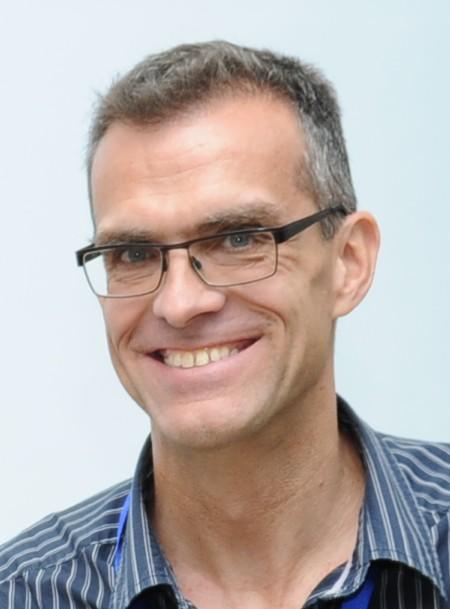Prof. Dr. Wolfgang Kuch
Department of Physics
Institute of Experimental Physics
Spectroscopy and spectromicroscopy of new magnetic materials
Room 1.2.40
14195 Berlin, Germany
Office hours
Mondays from 3 to 4 p.m. in room 1.2.40 or remotely via Webex (follow this link)
Research topics:
We conduct research into magnetic ultrathin films and multilayer systems, surfaces, nanostructures, and adsorbed molecules. The aim of our work is to perform fundamental research into innovative functional properties that are relevant to applications in magnetic data storage, for magnetic sensors, or in magnetic electronics. Alongside ferromagnetic resonance, scanning tunneling microscopy, and the magneto-optical Kerr effect, we also use the BESSY synchrotron radiation source for spectroscopic and spectral microscopic experiments (XMCD, PEEM). Current topics of focus include:
Ultrathin antiferromagnetic films: Our goal in this field is to achieve an understanding of the interaction of antiferromagnetic films with magnetic layers. There are a number of open questions in this area that are relevant at the application level, questions we are exploring using various systems, such as FeMn, NiMn, and CoO.
Magnetization dynamics: Using ferromagnetic resonance, we examine what mechanisms are relevant to damping the precession of magnetization in thin films and multilayer systems.
Time-resolved measurements in remagnetization dynamics: To achieve this, short magnetic field pulses are synchronized with synchrotron radiation pulses. This enables researchers to examine how a sample reacts to the short field pulses stroboscopically, using magnetic microscopy.
Interaction mechanisms in magnetic multilayer systems: In this field, we are particularly interested in interactions that occur specifically in the case of magnetic or morphological nanostructuring, such as the influence magnetic layers exert on each other as a result of local stray fields.
Switchable molecules on surfaces: The rapidly progressing miniaturization in microelectronics leads to the vision of using switchable molecules as functional parts of a future molecular nanotechnology. We are interested in the interaction between magnetic molecules and ferromagnetic substrates, in the adsorption properties of isomerization switches or ring-opening/ring-closing switches, as well as in the intermolecular interactions within ensembles of adsorbed molecules.
